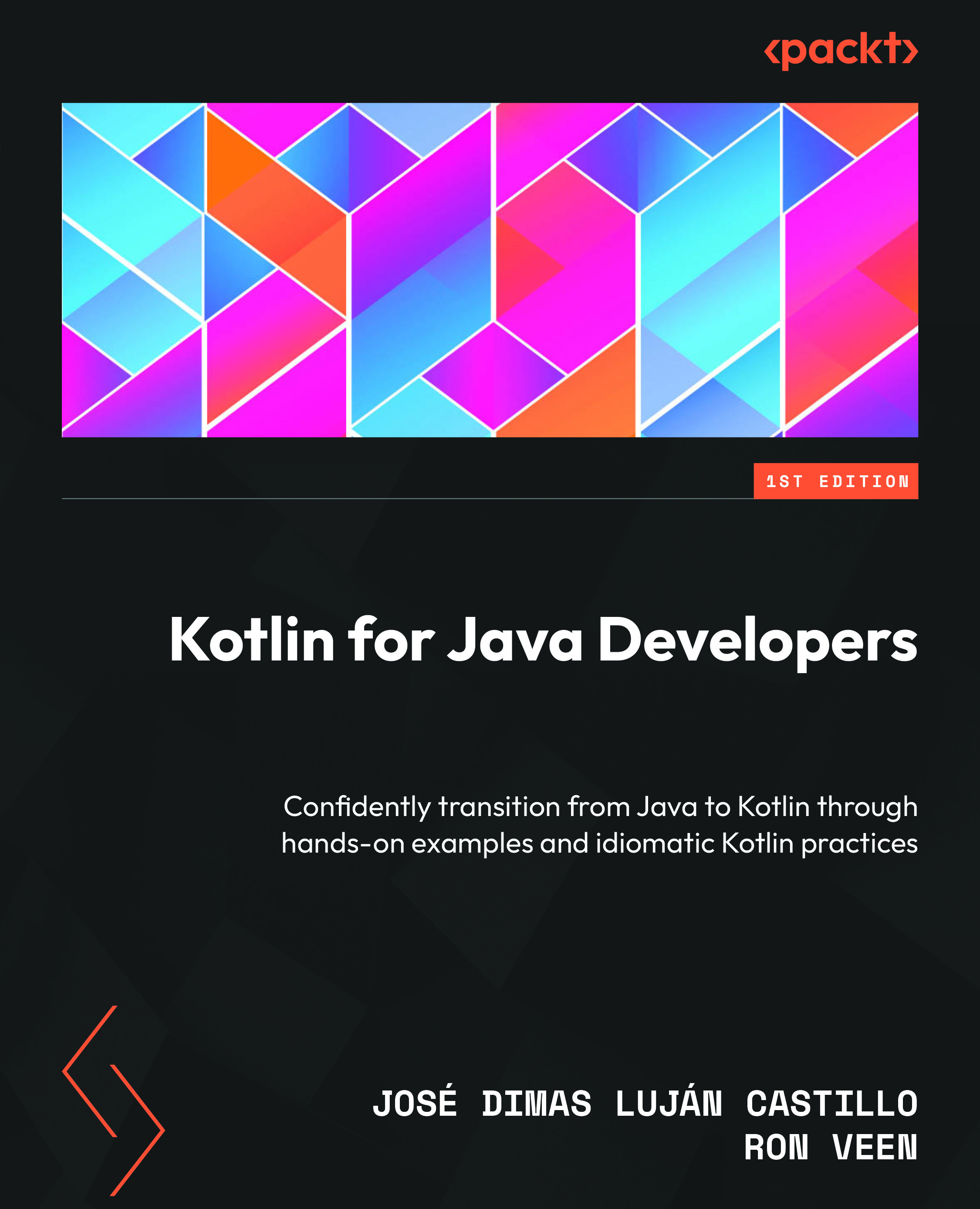Summary
In this chapter, we explored two foundational features of Kotlin: data classes and sealed classes, which simplify data modeling and managing class hierarchies. Data classes are designed to reduce boilerplate code, automatically providing methods such as equals(), hashCode(), and toString(). This makes them ideal for representing simple entities such as Book or User, allowing developers to focus on the logic without manually implementing repetitive code.
We also covered sealed classes, which enable a restricted class hierarchy, ensuring that all subclasses are known at compile time. This feature is particularly useful in combination with when expressions, providing exhaustive handling of different types or states, improving code safety and readability. Enums were another topic, where we learned how they represent fixed sets of constants, which are useful for managing states or options in applications.
This information is valuable because it helps developers write more...

































































